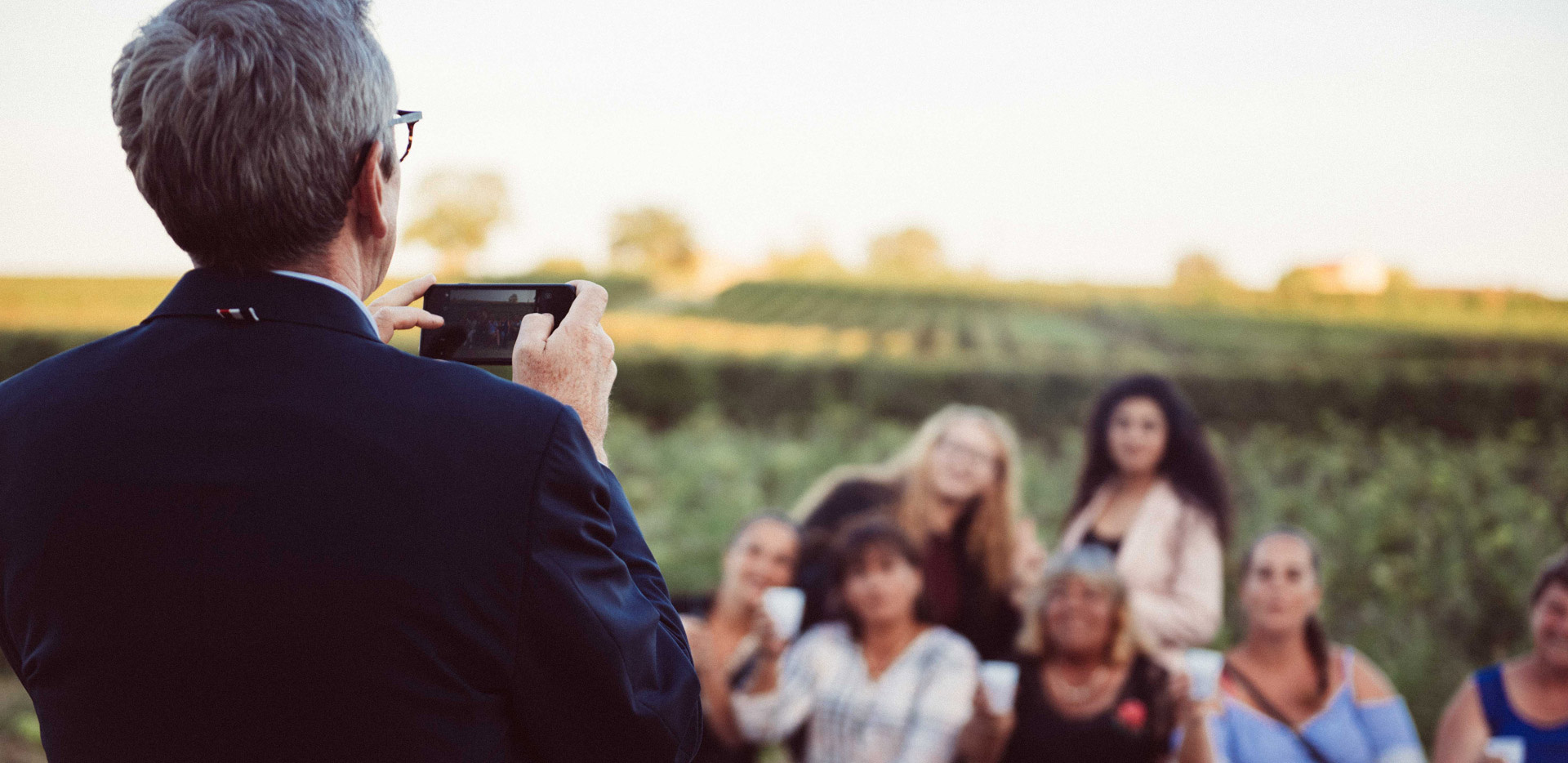Beginning conversion to organic and then biodynamic cultivation represented a major change. At the time, this decision was not without a sense of transgression and even adventure, unswervingly underscored by intuition. Of course, it was clear that I, as a grower, could not adopt or maintain cultivation methods that would continue to perpetuate a bloodless approach with a deadly impact. As more than just an enthusiastic follower of Rudolf Steiner’s anthroposophic ideology, which has its limits and simply serves as a springboard for me – with my interest in the idealistic German tradition largely represented by the work of Goethe, I sought a language that would be both humbler and richer than the precise language of agronomy, science and economy. I was not satisfied with the traditional model, which I felt lacked overarching vision, independence and spirituality. Despite my position as the manager of a winemaking business and the obvious economic responsibilities that this activity involves, in some areas the concept of yield seemed to me to be as inappropriate as the concept of utility when it comes to love.
Building on the scholarly foundations and common-sense practices of a traditional agriculture that has preserved its means of action was of course the preliminary step. However, I also needed to incorporate some updated ideas. Biodynamics provided me with the most credible answers. Wines have an effect on humans. This is a prerequisite before any other considerations are involved. What brings us closest to this is none other than contributing to the enjoyment of consumption, the culture of flavour, and the development of elevating intoxication. It allowed me to feed the economic cycle using responsible tools that would retain their integrity throughout the chain of work. I was even able to develop an interest in what happens to the wine we produce, in all of the steps along the path to creating the final entity. Establishing harmony between the place and its history, the terroir and its particular features, and humans and a full understanding of what they offer was also granted attention and consideration. Our entrepreneurial position inevitably has political value and requires awareness and transparency to breathe life into our work and its future. These realities now form part of my everyday activities and ensure that they retain a vital level of flexibility. I work to maintain a fragile, threatened balance with an undeniable similarity to walking a tightrope. The seasons are born of listening and the patient incorporation of various natural elements, all of which are involved in creating a whole that I try to protect from major deficiencies or imbalances. This is absolutely a matter of teamwork, and requires a porosity so that this apparatus incorporates anything from the outside world that could feed and reveal its ultimate emergence. Taking care of what lies beneath.




